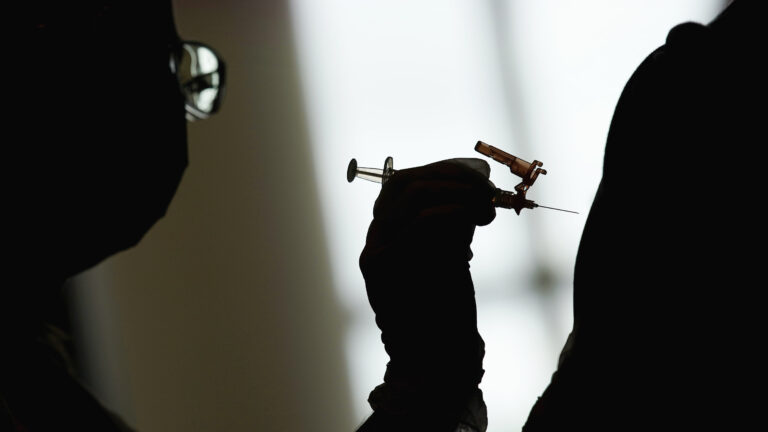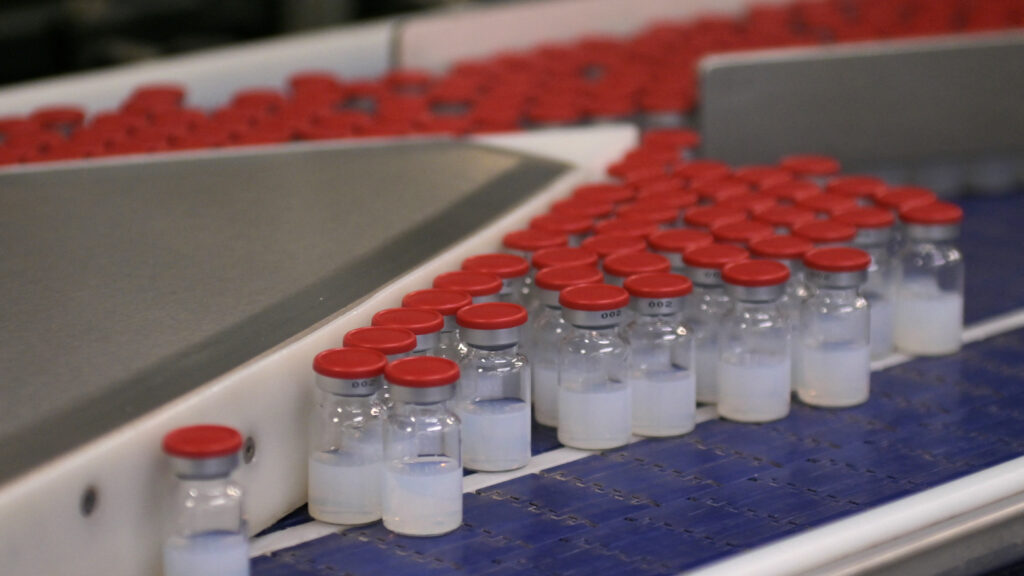WASHINGTON — Federal health officials are citing an extensive list of studies purported to document harms caused by messenger RNA vaccines as scientific justification for canceling hundreds of millions of dollars in investment in the technology.
Health secretary Robert F. Kennedy Jr. provided only a brief explanation for the decision earlier this week, arguing the mRNA vaccines are not effective and not as safe as alternatives, and referencing a review of scientific research on mRNA by “experts,” without identifying them. On Friday, when asked if the Department of Health and Human Services had a scientific justification, a spokesperson provided a link to a 181-page list of studies compiled by a number of people, including a current Trump administration adviser who served in the president’s first administration and was the subject of controversy for pushing unproven Covid-19 treatments.
The other contributors are people who have all previously criticized Covid-19 public health interventions, such as lockdowns and mRNA vaccines.
Taken together, the studies cited generally appear to advance research that has been disputed by other scientists, who argue that mRNA vaccines are overwhelmingly safe.
The list appears to have been initially used as research for the publication of a 2024 book titled “Toxic Shot: Facing the Dangers of the COVID ‘Vaccines.’” A note at the top of the document said the list had last been updated on July 1. One of the named authors of the book, Byram Bridle, is among the individuals who compiled the citation list that HHS sent to STAT.

As mRNA falls out of favor for HHS, are cancer vaccines next?
Another person credited on the list is HHS adviser Steven Hatfill, a virologist who was criticized during Trump’s first administration in the first administration for recommending hydroxychloroquine as a Covid-19 treatment, despite a lack of evidence to show its effectiveness.
In a video announcement Tuesday, Kennedy said he was directing the Biomedical Advanced Research and Development Authority, better known as BARDA, to begin canceling 22 grants supporting development of mRNA vaccines, totaling $500 million in research. Instead, he said, the administration would support research using a whole killed virus approach to develop vaccines. That approach has been advanced by the deputy director of the National Institutes of Health, Matthew Memoli, and the acting director of the National Institute for Allergy and Infectious Diseases, Jeffery Taubenberger.
The announcement alarmed many public health experts, who say that mRNA vaccine technology, first used to develop Covid vaccines, saved countless lives during the pandemic in part because it can be used to deliver shots far faster than other approaches.
The list shared by HHS includes references to a number of studies purportedly showing that, by training the immune system to recognize spike proteins produced by a Covid-19 infection, the spike protein produced by an mRNA vaccine is “harmful by itself, independent of the rest of the virus.”
Other Covid vaccines that don’t use mRNA technology also train the immune system to detect and protect against the SARS-CoV-2 spike protein. And any individual who has been infected with Covid will have encountered the spike protein as well.

Beyond Hatfill, the list’s contributors include Martin Wucher, a dentist based in Namibia, who was described in media reports as a onetime member of the Health Defence League, a group that criticized Covid lockdowns in the African country, as well as Bridle, a viral immunologist.
Another contributor, Erik Sass, who has also argued hydroxychloroquine is an effective Covid treatment, told STAT via email that the list is “general reference for interested researchers,” and it originated as a supplement to the book co-authored by Bridle. That book includes a foreword by Sen. Ron Johnson (R-Wisc.), who has invited vaccine critics to Capitol Hill previously to testify on the safety of vaccines.
Helen Branswell contributed reporting.
